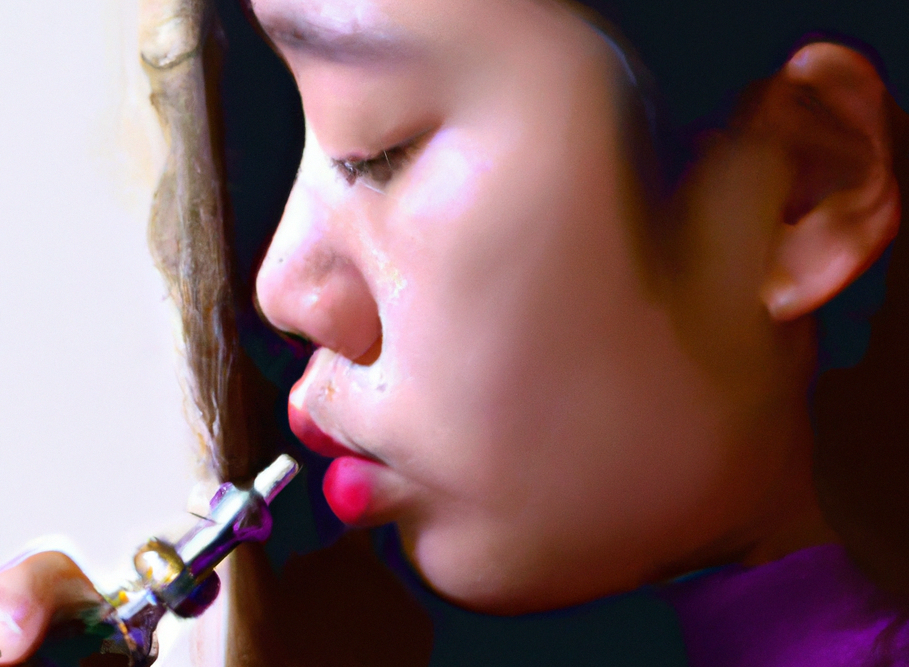As cities across the nation grapple with the rise of Delta-8 tetrahydrocannabinol (Delta-8 THC), Burbank stands firm in its long-standing prohibition against the controversial cannabinoid. Derived from the Cannabis sativa plant, the source of both marijuana and hemp, Delta-8 THC is a naturally occurring but less common cannabinoid. Though it is present in nature, most commercial quantities are produced by manipulating hemp-derived cannabidiol (CBD), a practice that’s been mired in debate.
The Food and Drug Administration (FDA) has not held back in expressing its reservations regarding Delta-8 THC products. These concerns span from variations in product formulations and potentially misleading labeling to the unauthorized promotion of these products for therapeutic or medical benefits. The overarching message from the administration is clear: unverified treatments, especially those marketed without full transparency, can pose considerable health dangers.
From December 2020 to February 2022, a slew of adverse event reports linked to Delta-8 THC consumption made their way to the FDA. These side effects ranged from hallucinations and anxiety to more severe reactions such as loss of consciousness. National poison control centers also recorded a significant number of exposure cases related to Delta-8 THC, alarmingly, many involving children.
One cannot overlook Delta-8 THC’s psychoactive attributes, which mirror those of the more familiar delta-9 THC. Numerous accounts of consumers experiencing intoxication after using Delta-8 THC products have surfaced in the media. The FDA warns that many of these commercial products might contain concentration levels of Delta-8 THC far exceeding what’s found naturally in hemp. Consequently, past cannabis use should not be seen as a safety measure for these products.
Production methods of Delta-8 THC have also been a focal point of concern. Converting CBD to Delta-8 THC often necessitates a variety of chemicals, raising doubts about the final product’s purity. There are fears that certain manufacturers might be resorting to unsafe household chemicals during this synthesis, possibly leading to harmful by-products. The largely unregulated production environment further raises the specter of contamination.
The allure of Delta-8 THC products, often resembling popular edibles like candies and cookies, can be hard to resist, especially for children. Their accessibility, even in places as commonplace as gas stations, only amplifies the risk of unintended consumption. Reports have also highlighted a surge in accidental exposure among pets, emphasizing the broader implications of these products.
The FDA’s public advisory on Delta-8 THC is shaped by a confluence of factors, from a spike in adverse event reports to marketing techniques potentially targeting younger audiences. While Burbank’s prohibition has been in place for a while, the FDA and other bodies continue their efforts to understand and mitigate the challenges associated with Delta-8 THC products. They continually urge consumers to stay informed, report any unusual reactions, and prioritize FDA-approved treatments.
Burbank residents are reminded of the city’s long-standing ban on Delta-8 THC and are encouraged to reach out to city officials or local law enforcement for any related queries.
Report the illegal sale of drugs to the Burbank Police Department by calling (818) 238-3000.


